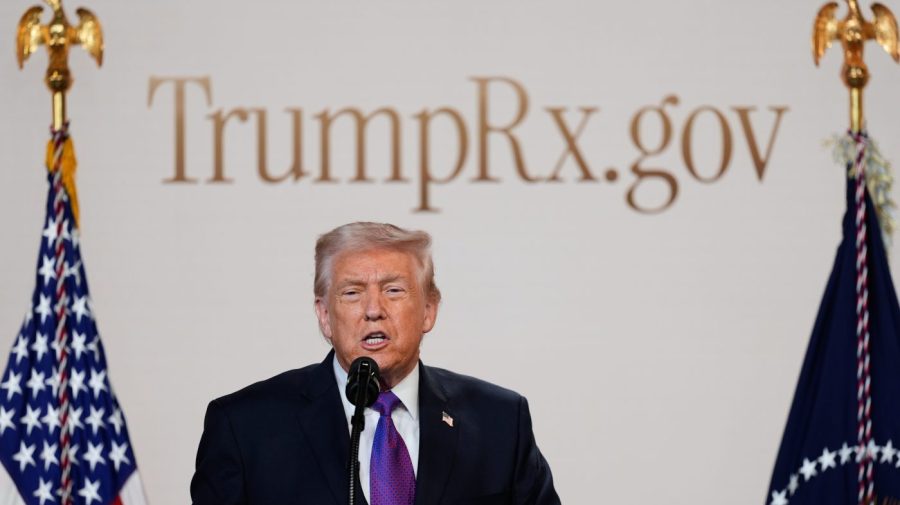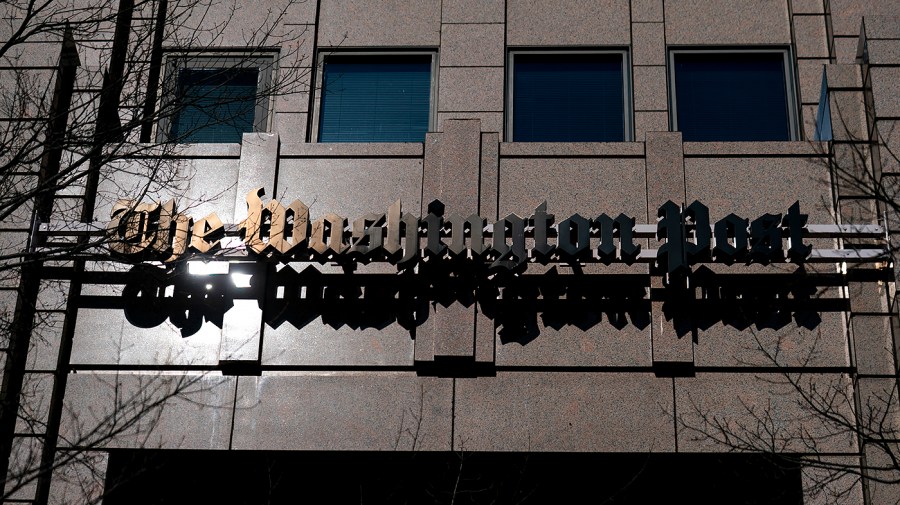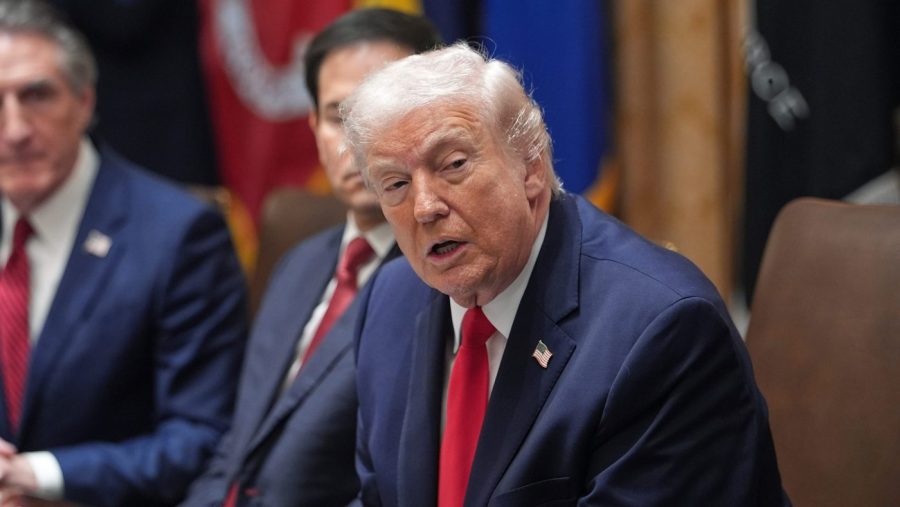
For better or worse, strategic nuclear weapons are back in the dock.
Given that the Cold War ended 35 years ago, most Americans have little understanding of or interest in these weapons that could literally destroy much if not our entire society. The wonderful Stanley Kubrick film “Dr. Strangelove“satirised the notion of mutually assured destruction and the Soviet Union’s “doomsday device” that, once launched, would destroy the world.
During the Cold War, image of Two scorpions in one bottle, It became popular to represent the US and the Soviet Union, which meant the two could stalk each other. Decades later, at least three scorpions live in that bottle, in addition to China Pursuing a serious strategic nuclear arsenal Competition from the other two military superpowers.
If not in the same bottle, then definitely in the same room other nuclear states: Britain, France, North Korea, Israel, India and Pakistan. iran And saudi arabia Are in the porch.
Now, these strategic nuclear matters have been brought to a head with the end of New START Treaty In January and President Trump’s misleading and unhelpful Comment That America will resume testing its nuclear weapons.
New START Treaty Limited The US and Russia both deployed 1,550 deployed nuclear warheads and 800 deployed and non-deployed launchers. Russian President Vladimir Putin proposed voluntary extension Treaty limitations on combat arms and launchers.
Trump’s comments on testing have completely disrupted the arms control process. By testing, does Trump really mean detonating existing weapons? Do they mean to continue non-critical testing that does not require actual fission or fusion? Or does he mean testing launchers?
If he’s talking about explosive testing, virtually all experts see it as extremely dangerousAnd unnecessary.
Worse, in response to Trump’s proposal to build golden domeAcross the US to defend against missile or bomber attacks, Putin held a press conference discussing Russia’s efforts around the Skyfall and Poseidon missiles.
skyfall is NATO designation For a nuclear-powered, nuclear-tipped cruise missile with virtually unlimited range. Poseidon It is a nuclear powered, unmanned underwater transoceanic range torpedo.
While Skyfall is subsonic, flying a few feet above the surface, it can attack from any direction. Poseidon could enter US ports – such as New York or San Francisco – undetected and detonate a multi-megaton bomb.
Megaton weapons can deliver up to 1,000 times more explosive power than the two atomic bombs dropped on Japan in 1945. Multiple Poseidon strikes could destroy the US economy.
The strategic nuclear balance has become more complex conventional weapons With the ability to attack and destroy these systems with pinpoint accuracy – such as cruise missiles axe and long-range conventional bombs that can be launched at significant distances from targets. None of these are included in arms control agreements, and the US has abrogated them Anti-Ballistic Missile Treaty in 2001.
The US government has also done lost experts Who were deeply engaged on these issues. For example, none of these Current Joint Chiefs of Staff Because there is no experience in these areas, strategic arms control has not been a high priority. The same is true in the White House.
China, so far, has been not ready to join In arms control talks, perhaps waiting until it has expanded its nuclear capability to a certain level. So under these circumstances, what can be done, if anything, beyond leaders’ agreement that nuclear weapons can never be used and that nuclear war can never be fought?
The options are not good. Engagement with China should continue. Perhaps confidence-building measures could begin with an agreement on mutual inspection of nuclear systems to ensure safety and reliability. Army to Army talks on nuclear issues and security measures are always a good idea. However, given Russia’s interference in Ukraine, is anyone willing to raise this possibility?
The only concrete step is to ensure that kinetic nuclear testing – that is, detonating bombs underground or on the surface and in the air – will remain prohibited. Otherwise, a new and unwanted and potentially dangerous arms race would begin, and this cannot be allowed.
Harlan UllmanPh.D. UPI’s Arnaud DeBorchgrave is a distinguished columnist, a senior advisor to the Atlantic Council, the chairman of two private companies, and the leading author of the theory of shock and awe. He and former United Kingdom defense chief David Richards are the authors of a forthcoming book on preventing strategic disaster.












